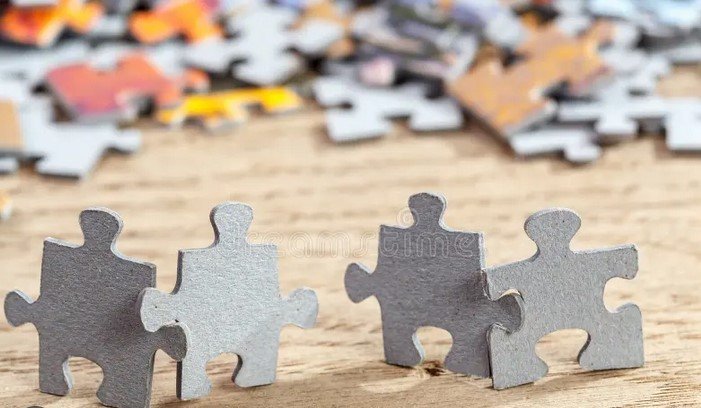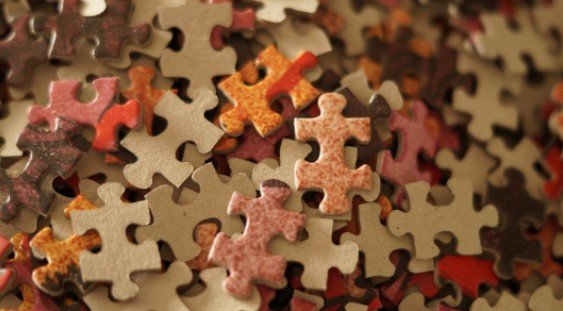The role of teamwork in puzzle competitions cannot be overstated. Puzzle-solving in a competitive setting requires more than just individual skill—it demands collaboration, communication, and strategy. Whether you are participating in a local puzzle competition or a larger event, teamwork is often the key to success. In this post, we will explore how teamwork plays a pivotal role in puzzle competitions and share strategies for achieving success as a team.

Understanding the Importance of Teamwork in Puzzle Competitions
In puzzle competitions, each team member brings unique strengths to the table. Some may be exceptional at identifying patterns, while others excel at organizing pieces or solving tricky sections. The ability to leverage each member’s skills is crucial to completing puzzles faster and more efficiently. Teamwork ensures that each member can focus on their strengths, which helps the team work together to solve the puzzle in the shortest time possible.
Communication: The Backbone of Successful Teams
Effective communication is the backbone of successful teamwork in puzzle competitions. Clear, concise communication ensures that everyone understands their role and the team’s strategy. During the competition, it is essential to share ideas, observations, and progress updates. Team members should feel comfortable asking questions and providing input. Regular communication helps to avoid misunderstandings and keeps everyone on the same page, leading to faster and more accurate solutions.
Delegation of Tasks for Optimal Efficiency
One of the most effective strategies for success in puzzle competitions is the delegation of tasks. In larger puzzles, dividing the work ensures that no one is overwhelmed and that the team’s resources are maximized. A well-organized team will assign specific sections of the puzzle to individual members, based on their strengths. For example, someone might handle the corner pieces, while another person works on sorting the colors. Delegating tasks not only speeds up the process but also minimizes confusion and maximizes efficiency.
Maintaining Team Morale Under Pressure
Puzzle competitions often come with time limits, which can add stress to the process. Maintaining morale under pressure is essential for a team’s success. High stress can lead to mistakes or poor decision-making, so it’s important to keep the team focused and calm. Motivating each other and celebrating small wins during the competition can help relieve tension and keep spirits high. When a team is positive and supportive, they can tackle challenges more effectively, even in high-pressure situations.
Adapting to Challenges and Overcoming Obstacles
In puzzle competitions, unexpected challenges are common. Sometimes, a piece may seem to fit, but it’s not the right one, or the team may hit a roadblock that slows down progress. Successful teams are flexible and adaptive. They remain open to new strategies and quickly adjust when things aren’t working. When a team encounters a setback, they should take a step back, reassess their approach, and work together to find solutions. Problem-solving as a team encourages creative thinking and strengthens the team’s ability to tackle complex challenges.
Conclusion
In conclusion, teamwork plays a crucial role in puzzle competitions. Effective communication, task delegation, and maintaining morale are essential strategies for success. Successful teams leverage each member’s strengths and collaborate efficiently, ensuring that they can overcome challenges and meet their goals. By adopting these strategies and staying focused under pressure, teams can significantly improve their performance in puzzle competitions. Teamwork, when executed well, is a powerful tool that can make the difference between success and failure.



